Engineering And Technology
-

Vanderbilt to establish a college dedicated to computing, AI and data science
Vanderbilt has begun work to establish a transformative college dedicated to computer science, AI, data science and related fields, university leaders announced today. In addition to meeting the growing demand for degrees in technological fields and advancing research in rapidly evolving, computing-related disciplines, the new, interdisciplinary college will collaborate with all of Vanderbilt’s schools and colleges to advance breakthrough discoveries and strengthen computing education through a “computing for all” approach. Read MoreMar 25, 2024
-
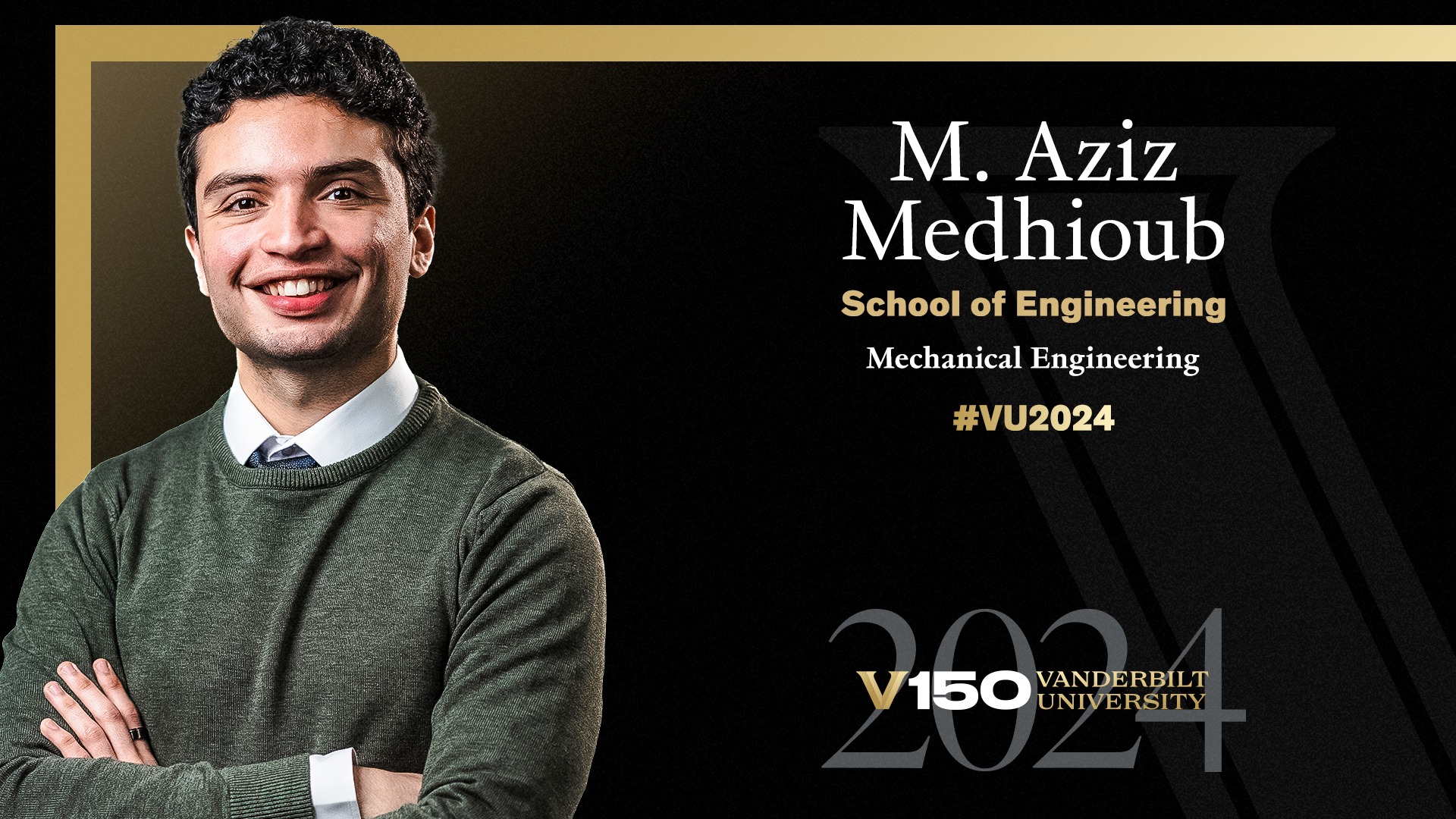
CLASS OF 2024: Great attitude and engineering skills help M. Aziz Medhioub with his American dream
WATCH: Learn about the journey that brought Aziz Medhioub from North Africa to Nashville and the role he's playing on Vanderbilt's award-winning rocket design team. Read MoreMar 22, 2024
-

Vanderbilt celebrates Generative AI Seed Grant awardees
Generative AI Seed Grants support innovative research across five schools, highlighting groundbreaking projects in emergency response, enzymology, early literacy, nursing education, historical analysis and AI law. The grant program embodies Vanderbilt’s leadership in generative AI research and application. Read MoreMar 18, 2024
-

CLASS OF 2024: Jack Bulger’s life journey shapes him as a player and person
WATCH: VandyBoys catcher Jack Bulger talks about the teacher who inspired him most and how he built his own brace with what he learned at the School of Engineering. Read MoreMar 15, 2024
-
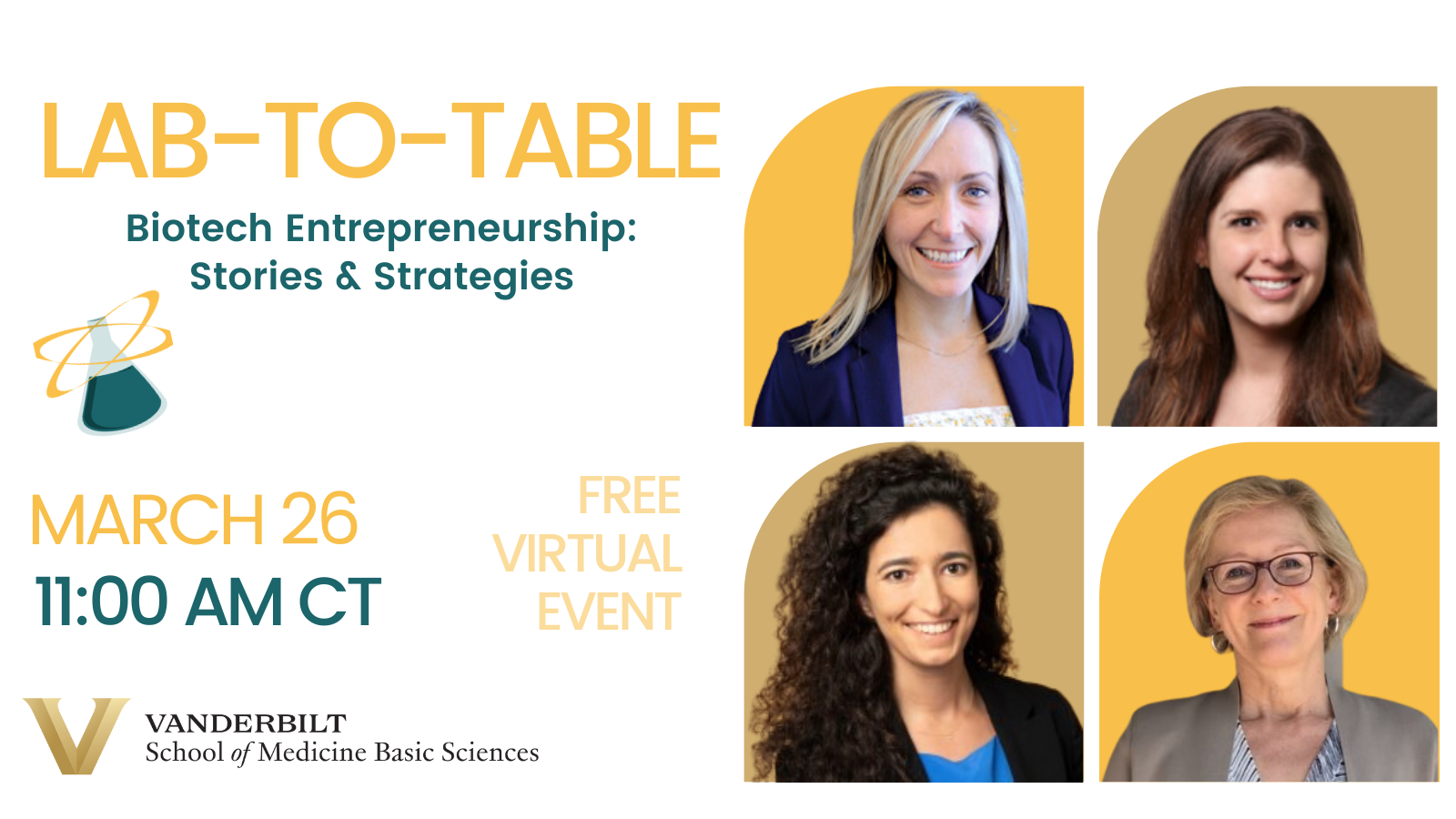
Watch Now: Lab-to-Table Conversation ‘Biotech Entrepreneurship: Stories & Strategies’
Join the next Lab-to-Table conversation, “Biotech Entrepreneurship: Stories & Strategies” on March 26 at 11 a.m. CT. Read MoreMar 12, 2024
-

U.S. Senate confirms Schmidt to lead operational testing and evaluation for the Department of Defense
Douglas Schmidt, Cornelius Vanderbilt Professor of Computer Science, has been confirmed to become Director of Operational Test and Evaluation for the Department of Defense following a full vote by the U.S. Senate on Feb. 29, 2024. Read MoreMar 6, 2024
-
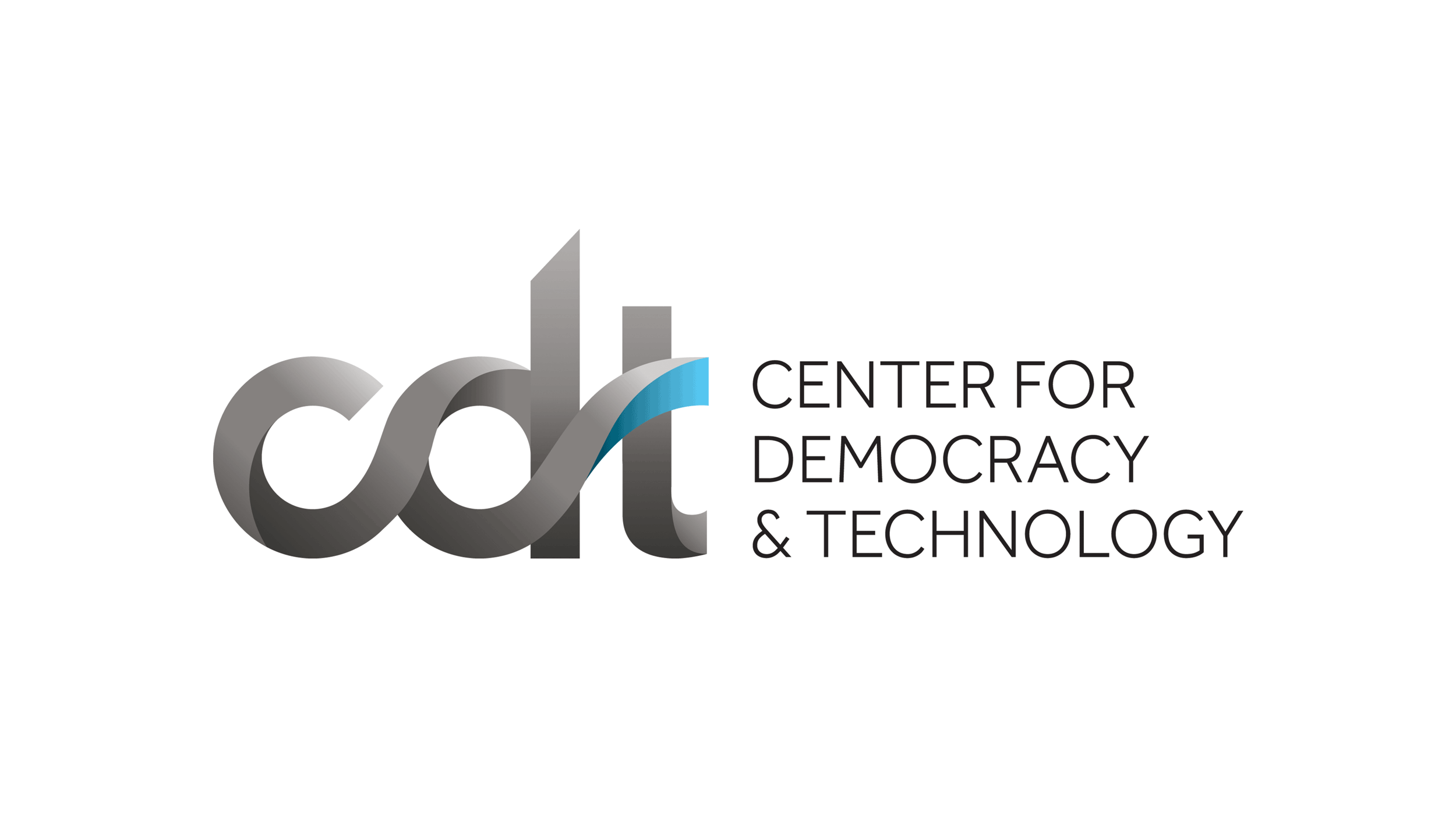
Center for Democracy and Technology names two VU Faculty to 2024-2026 fellows program
Jenny Davis, professor of sociology in the College of Arts and Science, and Pamela Wisniewski, associate professor in human-computer interaction and Flowers Faculty Fellow in the School of Engineering, join 22 other distinguished scholars from a wide array of organizations and backgrounds to collaborate on critical policy discussions related to technology and society. Read MoreMar 1, 2024
-
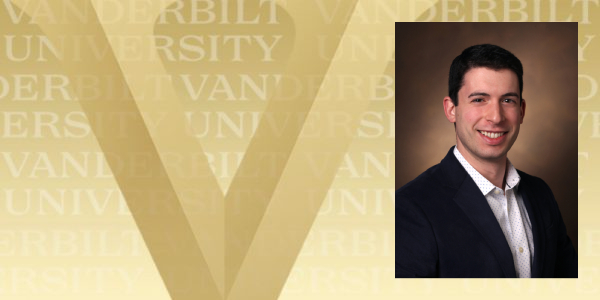
Lippmann wins prestigious Chan Zuckerberg Initiative award to back research in the fight against Alzheimer’s
Ethan Lippmann, associate professor of chemical and biomolecular engineering and biomedical engineering, has won a Collaborative Pairs Pilot Project Award from the Chan Zuckerberg Initiative (CZI) to create a more effective way for the immune system to fight against neurodegenerative diseases like Alzheimer’s. Read MoreFeb 28, 2024
-
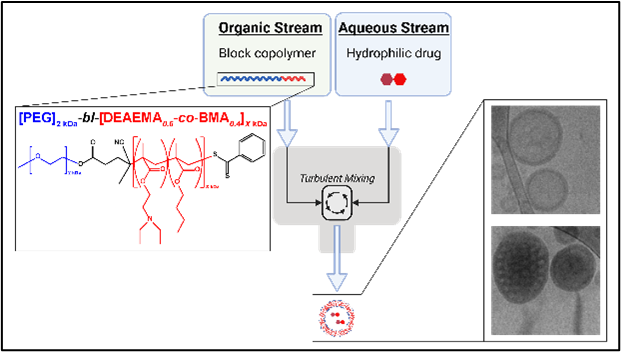
Researchers develop new nanoparticle to boost immune system
Vanderbilt researchers have developed a new nanoparticle that can more effectively get drugs inside of cells to boost the immune system and fight diseases like cancer. Read MoreFeb 27, 2024
-
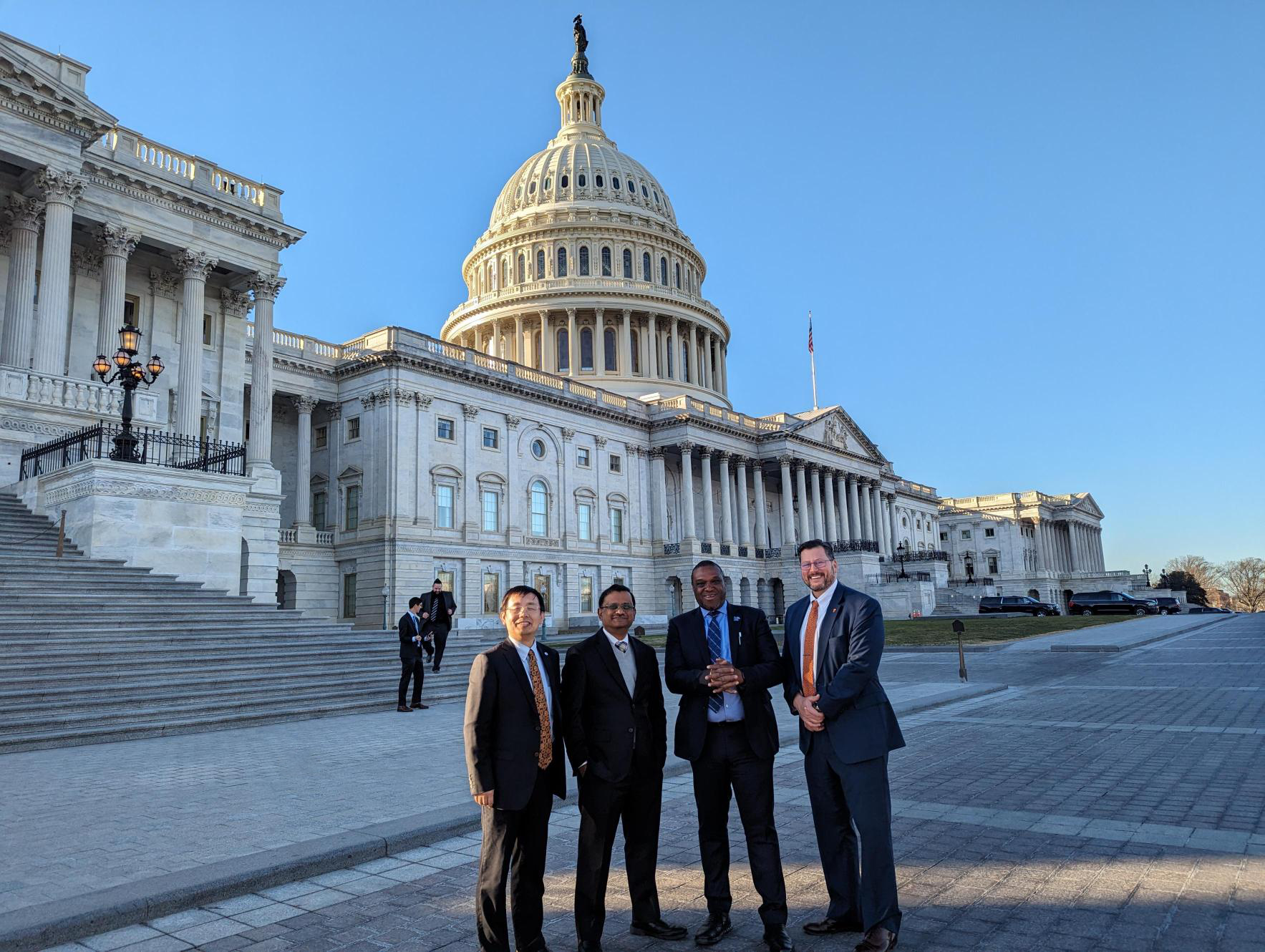
Dean Krish Roy advocates for federal support and funding of engineering research and education in Washington, D.C.
Krish Roy, Bruce and Bridgitt Evans Dean of the School of Engineering and University Distinguished Professor, met with members of Congress in early February to discuss the importance of engineering’s role in improving living standards, socioeconomic growth and global competitiveness. Read MoreFeb 19, 2024
-
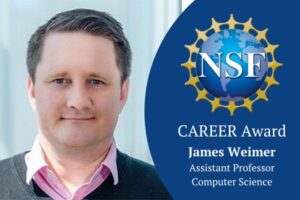
Weimer receives NSF CAREER Award to improve safety and efficacy of machine learning, AI systems
James Weimer, assistant professor of computer science and noted medical-device entrepreneur, has received a National Science Foundation CAREER Award to improve the safety and efficacy of systems that use advanced machine learning and artificial intelligence techniques. Read MoreFeb 7, 2024
-
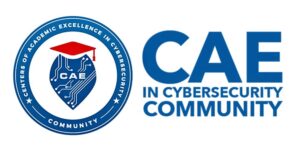
Vanderbilt achieves NSA designation as a Center of Academic Excellence in Cyber Research
The U.S. National Security Agency (NSA) has designated Vanderbilt University as a Center of Academic Excellence in Cyber Research, positioning the university as a premier institution for cyber-related education and innovation. Read MoreJan 24, 2024
-

New NIH grant funds novel brain network approach to improve epilepsy surgery
A multidisciplinary group of investigators from Vanderbilt University Medical Center, Vanderbilt University, and the University of Pennsylvania received a $3.2 million grant to develop novel brain network-based measures to guide surgical decisions and improve outcomes in the field of epilepsy surgery. Read MoreJan 18, 2024
-

Daring to Grow: Dean Krish Roy builds on the School of Engineering’s strong foundation
WATCH: Hear from the new dean of Vanderbilt Engineering School, Krishnendu Roy, as he talks about what he's bringing to Vanderbilt and his vision for innovation and collaboration. Read MoreJan 11, 2024
-
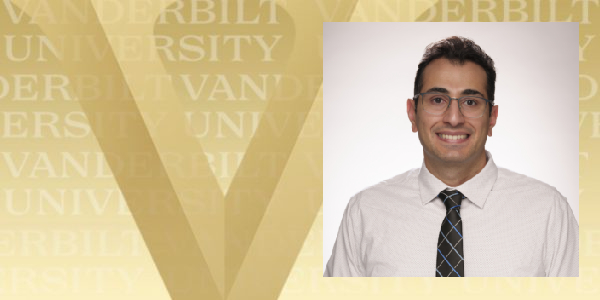
Soheil Kolouri receives NSF CAREER Award to enhance machine learning
Soheil Kolouri, assistant professor of computer science at Vanderbilt University, has received a National Science Foundation CAREER Award to explore ways to make machine learning more efficient and possibly impact the next generation of such methods. Read MoreJan 8, 2024
-
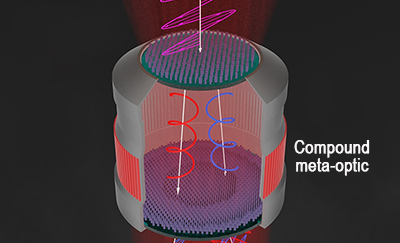
Nanostructured flat lens uses machine learning to ‘see’ more clearly, while using less power
A front-end lens, or meta-imager, created at Vanderbilt University can potentially replace traditional imaging optics in machine-vision applications, producing images at higher speed and using less power. Read MoreJan 5, 2024
-

Hiba Baroud is named a fellow of the International Science Council
Hiba Baroud has been appointed as a fellow of the International Science Council in recognition of outstanding contributions to promoting science as a global public good. Read MoreJan 4, 2024
-

Schmidt nominated to be Director of Operational Test and Evaluation for the Department of Defense
President Joe Biden’s nomination of Douglas Schmidt, Cornelius Vanderbilt Professor of Computer Science, to become Director of Operational Test and Evaluation for the Department of Defense was formally submitted to the Senate on Dec. 4, 2023. Read MoreDec 14, 2023
-

Vanderbilt team leads $6.89 million DARPA grant to train cyber agents against attacks
Daniel Balasubramanian, a senior research scientist at Vanderbilt’s Institute for Software Integrated Systems, will lead a four-year $6.89 million grant from the Defense Advanced Research Projects Agency to create realistic network environments used to train cyber agents to counter advanced and persistent cyber threats. Read MoreDec 14, 2023
-
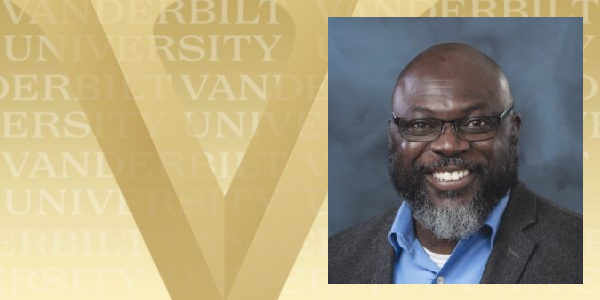
Justin Baba receives 2023 Battelle Distinguished Inventor recognition
A Vanderbilt University engineering professor affiliated with the Department of Energy’s Oak Ridge National Laboratory has been named a Battelle Distinguished Inventor from ORNL. Justin Baba, associate research professor of biomedical engineering, was one of four scientists honored at the Lab’s annual Innovation Awards. Read MoreDec 12, 2023